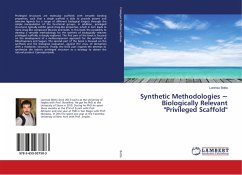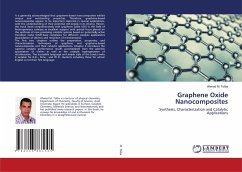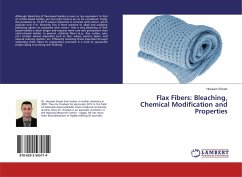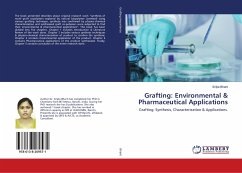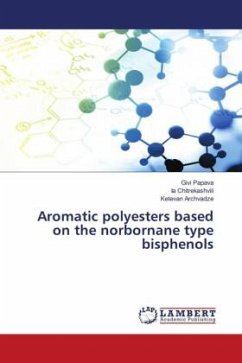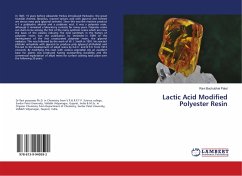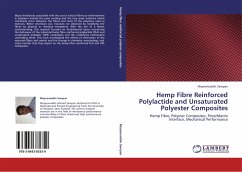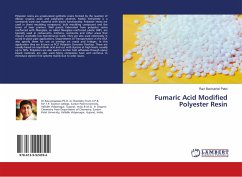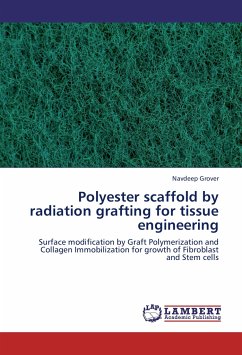
Polyester scaffold by radiation grafting for tissue engineering
Surface modification by Graft Polymerization and Collagen Immobilization for growth of Fibroblast and Stem cells
Versandkostenfrei!
Versandfertig in 6-10 Tagen
52,99 €
inkl. MwSt.

PAYBACK Punkte
26 °P sammeln!
Biotextiles have got considerable interest in the field of human healthcare technology. These materials have been used in the form of monofilament, multifilament, woven and nonwoven structures. Their performance depends on biocompatibility and biostability with cells and biological fluids. Textile materials has good mechanical properties but do not have good cellular interaction. Therefore, it is necessary to modify these materials to make it bioreceptive and biocompatible for their application as biomaterials. The key requirement towards modification is that it should acquire specific functio...
Biotextiles have got considerable interest in the field of human healthcare technology. These materials have been used in the form of monofilament, multifilament, woven and nonwoven structures. Their performance depends on biocompatibility and biostability with cells and biological fluids. Textile materials has good mechanical properties but do not have good cellular interaction. Therefore, it is necessary to modify these materials to make it bioreceptive and biocompatible for their application as biomaterials. The key requirement towards modification is that it should acquire specific functional groups where biomolecules can be immobilized. The modification of materials has been carried out by different methods involving chemical hydrolysis, UV, plasma, ozone, and graft polymerization to introduce various functional groups, such as carboxylic acid, sulphonic acid, amide, amine, acrylate, pyrrolidone and glycol. This work is intended to modify poly(ethylene terephthalate) (PET) knittings by the radiation-induced graft polymerization to immobilize collagen for the adherence and growth of 3T3 mouse fibroblast and human mesenchymal stem cells (hMSCs).



